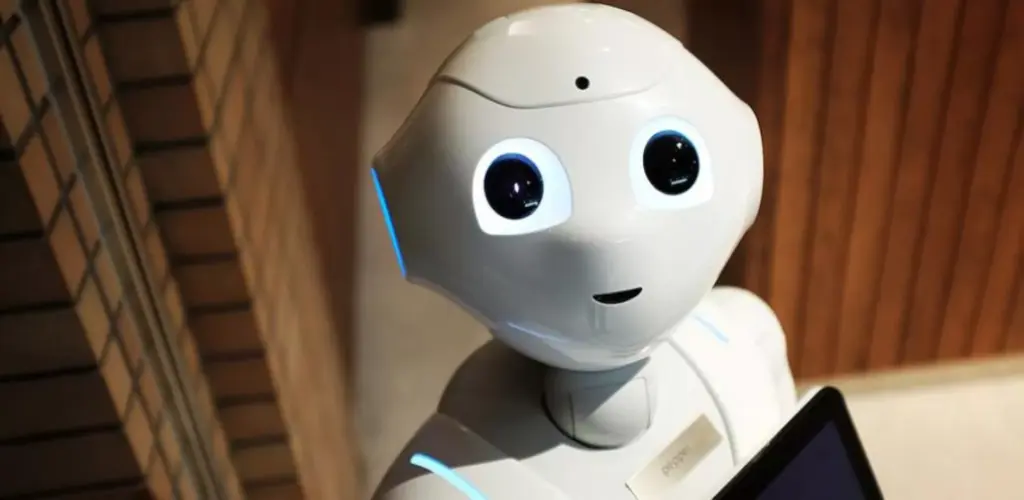
In a quiet room at the University of Cambridge, an extraordinary breakthrough unfolded, not through wires or code, but through conversation. A group of informal caregivers, burdened by the emotional toll of caring for loved ones, found solace not in traditional therapy or support groups, but in the presence of a humanoid robot named Pepper.
This was no science fiction tale. It was a groundbreaking study exploring how social robots can alleviate emotional distress, particularly for those who seldom have the opportunity to express their own feelings. Emotional distress extends beyond mere sadness; it is the persistent discomfort that arises when life’s stressors accumulate, leaving individuals feeling powerless to adapt. For caregivers—those who support family or friends through illness or disability without compensation or formal training—this strain can be relentless. Many report feelings of isolation, overwhelm, and emotional invisibility.
While conversations with others can provide relief, many caregivers lack the time, space, or support network to engage in such exchanges. This is where Pepper stepped in.
A New Method for Managing Emotional Stress
In a five-week experiment, caregivers interacted with Pepper twice a week. The robot’s role was not to diagnose or advise but simply to listen and engage in everyday conversation. Over time, a remarkable transformation occurred.
“Carers began to open up more,” said Dr. Guy Laban, the lead researcher on the project. “They spoke more freely, reflected more deeply, and told us that Pepper helped them reconnect with their own emotional needs.”
Participants reported improved moods, reduced loneliness, and a growing sense of comfort in Pepper’s presence. The robot acted as an emotional mirror—nonjudgmental, consistent, and always available.
The Role of Self-Disclosure
At the core of the study was self-disclosure, the process of sharing one’s thoughts and feelings. It is a powerful tool for emotional regulation, yet often inaccessible to caregivers. Pepper provided a safe, low-pressure outlet for this sharing, helping participants process their experiences and reframe their caregiving roles more positively.
Following the intervention, many caregivers reported feeling less blame, greater acceptance, and a renewed sense of purpose.
Implications for Mental Health Support
This study, published in the International Journal of Social Robotics, is the first of its kind to explore the long-term emotional benefits of robot-led self-disclosure. While Pepper is not set to replace human connection anytime soon, the findings suggest that social robots could become valuable allies in mental health support, especially for those who feel unheard.
“Informal carers are often overwhelmed by emotional burdens and isolation,” said co-author Professor Emily Cross from ETH Zürich. “This study is, to the best of our knowledge, the first to show that a series of conversations with a robot about themselves can significantly reduce carers’ loneliness and stress.
“The intervention also promoted acceptance of their caregiving role and strengthened their ability to regulate their emotions. This highlights ways in which assistive social robots can offer emotional support when human connection is often scarce.”
Looking Forward
As the world grapples with increasing mental health challenges, the role of technology in providing emotional support is gaining attention. The success of the Cambridge study opens the door to further research on how robots like Pepper can complement traditional mental health resources.
Future studies may explore the integration of social robots in various settings, such as hospitals, nursing homes, and private residences, offering a new dimension of support for those in need. The potential for robots to serve as companions, especially in scenarios where human interaction is limited, is vast and promising.
The Cambridge study represents a significant step forward in understanding the potential of social robots in mental health care. As technology continues to evolve, so too does the possibility of innovative solutions for emotional well-being.






